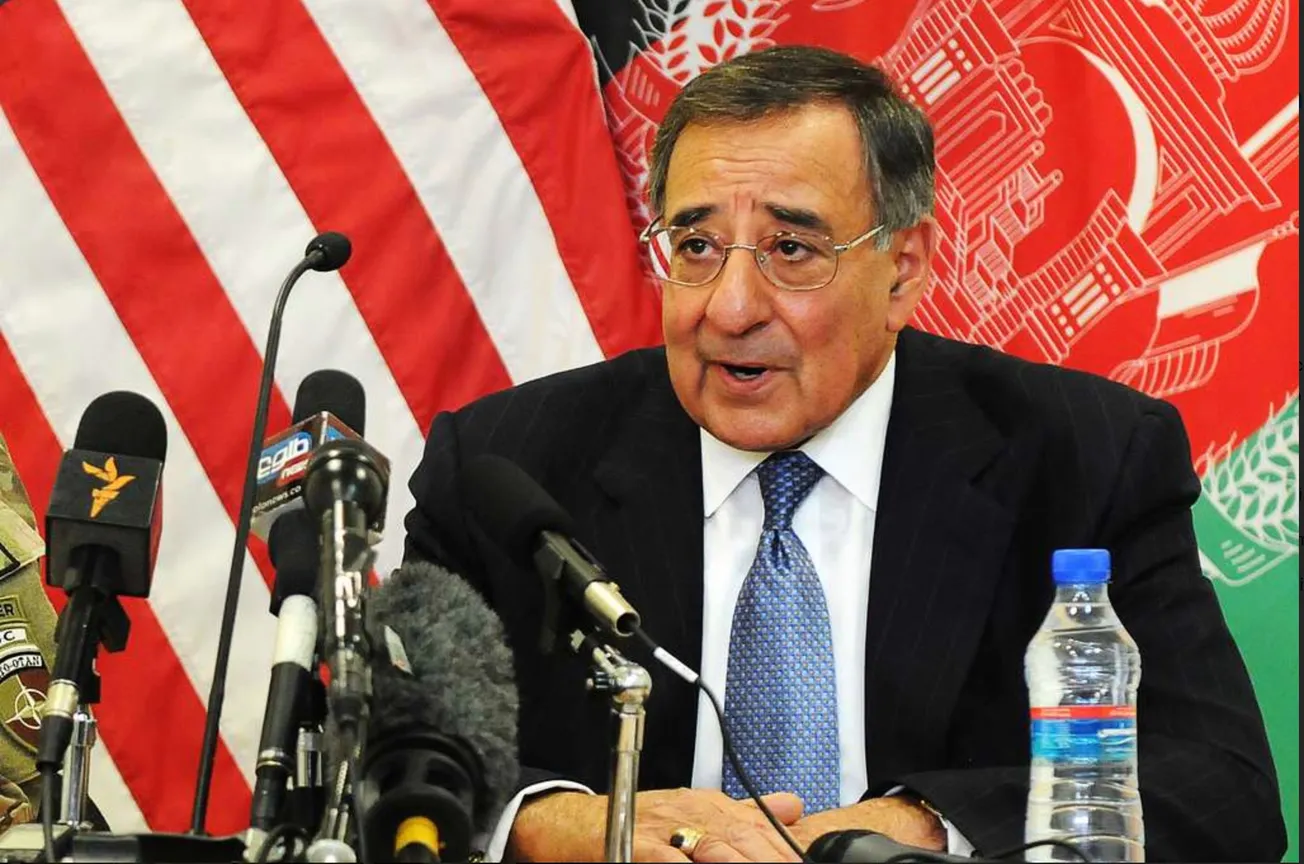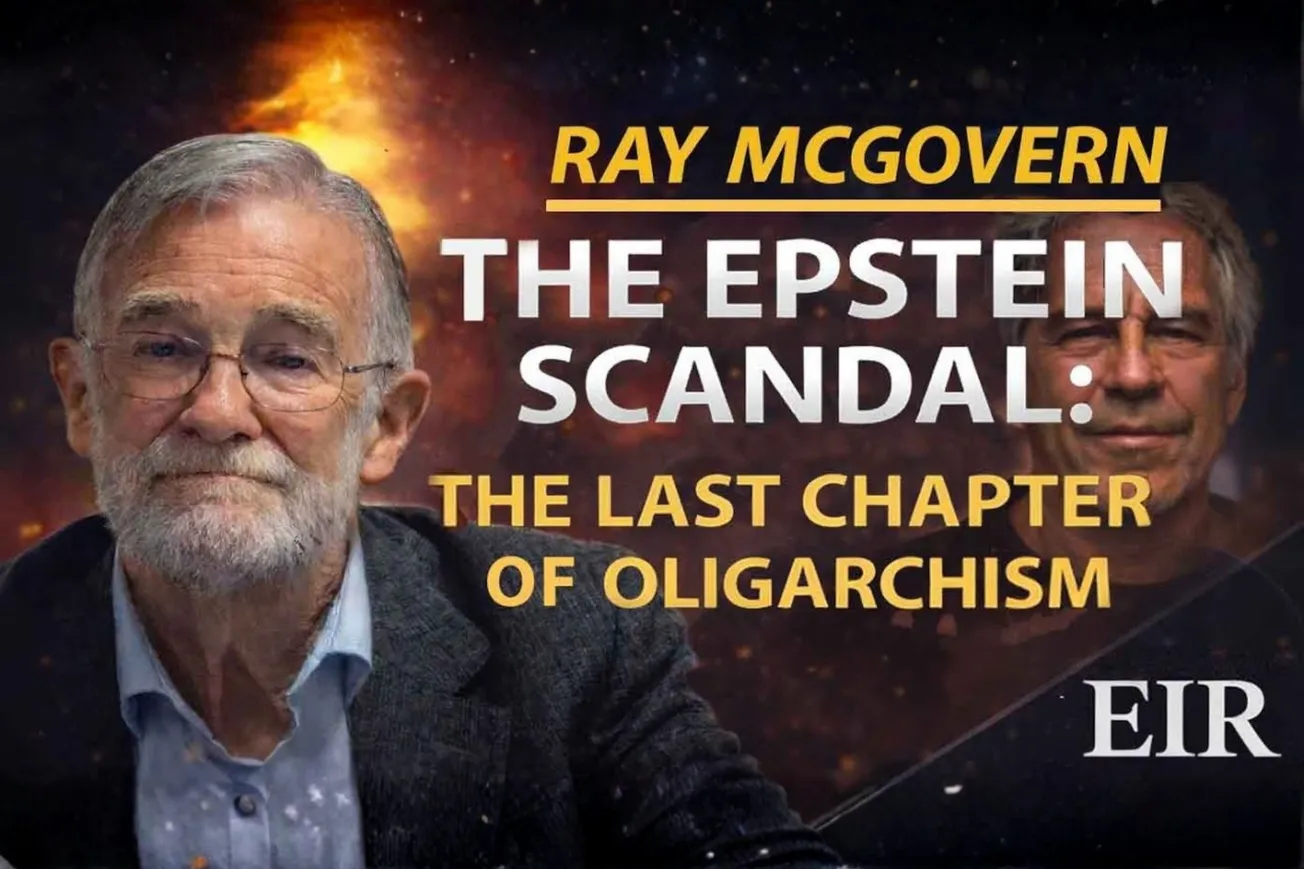“I don’t think there’s any question that it’s a form of terrorism,” said former Secretary of Defense and former CIA Director Leon Panetta about the pager attacks in Lebanon that have injured thousands. “When you have terror going into the supply chain, it makes people ask the question: what the hell is next?” he said in an interview on the “Sunday Morning” show on CBS this weekend.
“This is a tactic that has repercussions, and we really don’t know what those repercussions are going to be,” he said, warning that if the nations of the world do not come to agreements now on peaceful use of supply chains, they will become “the battlefield of the future.”
“The forces of war are largely in control right now of what’s going on,” said the former official.
It is worth recalling definitions of terrorism: “an act aimed at causing death or serious bodily harm to civilians for the purpose of intimidating a population or compelling a government or international organization to act” (according to the UN General Assembly’s 1994 Declaration on Measures To Eliminate International Terrorism).
The relevant UN treaty definition of booby-traps reads “any device or material which is designed, constructed, or adapted to kill or injure, and which functions unexpectedly when a person disturbs or approaches an apparently harmless object or performs an apparently safe act.” Using a pager would seem to be an “apparently safe act.” The agreement—which Israel ratified in 2000—prohibits the “use [of] booby-traps or other devices in the form of apparently harmless portable objects which are specifically designed and constructed to contain explosive material.”
In 2023, high-tech products and services accounted for the majority of exports from Israel. What will happen now that global trust in the country’s offerings has been undermined?





